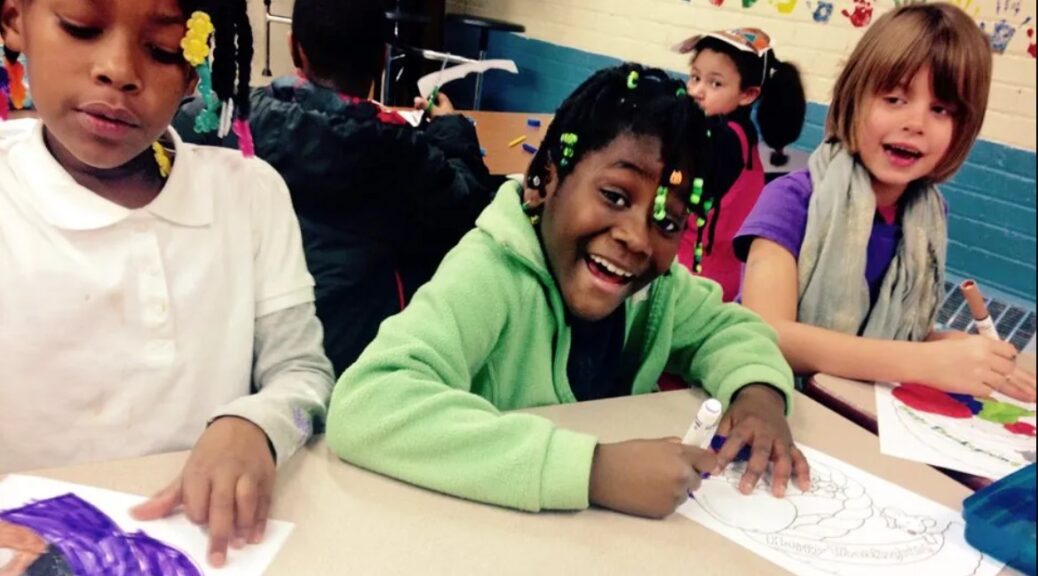In recent years, social and emotional learning (SEL) programs have gained significant attention as a means to improve student behavior and classroom climate. These programs are designed to help students develop critical emotional and social skills, such as self-awareness, self-management, social awareness, relationship skills, and responsible decision-making. As educators and policymakers seek effective strategies to address behavioral issues in schools, the implementation of SEL programs has shown promise in fostering a positive learning environment. This article examines the effectiveness of SEL programs in reducing behavioral issues and improving classroom climate.
The Foundation of SEL Programs
SEL programs are built on the premise that emotional intelligence and social skills are essential for student success, both academically and personally. By focusing on emotional and social development, these programs aim to equip students with the tools needed to navigate interpersonal relationships, manage stress, and make responsible decisions. The implementation of SEL programs typically involves structured lessons, activities, and practices that promote self-reflection, empathy, and effective communication.
Impact on Behavioral Issues
One of the primary goals of SEL programs is to reduce behavioral issues among students. Research has shown that students who participate in SEL programs tend to exhibit fewer behavioral problems, such as aggression, bullying, and disruptive behavior. A meta-analysis conducted by Durlak et al. (2011) found that students involved in SEL programs demonstrated significant improvements in behavior, including a decrease in conduct problems and emotional distress.
The effectiveness of SEL programs in reducing behavioral issues can be attributed to several factors. First, SEL programs help students develop self-regulation skills, enabling them to manage their emotions and impulses more effectively. This, in turn, reduces the likelihood of impulsive or aggressive behavior. Second, by fostering empathy and perspective-taking, SEL programs encourage students to consider the impact of their actions on others, leading to more prosocial behavior. Finally, SEL programs provide students with conflict-resolution skills, equipping them to handle disagreements and conflicts constructively.
Enhancing Classroom Climate
In addition to reducing behavioral issues, SEL programs play a crucial role in improving the overall classroom climate. A positive classroom climate is characterized by supportive teacher-student relationships, mutual respect, and a sense of belonging among students. SEL programs contribute to this by promoting social awareness and relationship skills, which enhance students’ ability to interact positively with peers and teachers.
Teachers who implement SEL programs often report improved classroom management and increased student engagement. When students feel emotionally safe and connected to their peers and teachers, they are more likely to participate actively in class and take ownership of their learning. Moreover, SEL programs encourage a culture of respect and inclusivity, where diversity is valued, and students feel accepted for who they are.
Evidence of Success
Numerous studies have provided evidence of the success of SEL programs in various educational settings. For example, the Collaborative for Academic, Social, and Emotional Learning (CASEL) has documented positive outcomes from SEL programs across diverse school districts in the United States. Schools implementing SEL programs have reported reductions in disciplinary incidents, improved academic performance, and higher graduation rates.
Moreover, long-term studies suggest that the benefits of SEL programs extend beyond the classroom. Students who participate in SEL programs tend to have better social and emotional skills, which contribute to success in their personal and professional lives. They are more likely to develop healthy relationships, make responsible decisions, and demonstrate resilience in the face of challenges.
Conclusion
The implementation of SEL programs has proven to be an effective strategy for reducing behavioral issues and enhancing classroom climate. By fostering emotional intelligence and social skills, SEL programs equip students with the tools needed to navigate the complexities of interpersonal relationships and make responsible decisions. As educators continue to prioritize the holistic development of students, SEL programs will play an essential role in creating a positive and inclusive learning environment that promotes academic and personal success.
